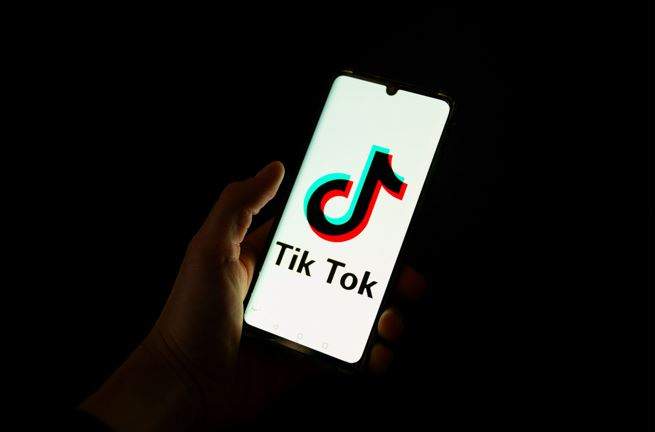TikTok Lockdown Looms: Justice Department Seeks to End App’s American Presence
TikTok is facing a critical crisis as the Justice Department has filed its response to the popular social media platform’s civil suit against a law that could ban the app or force its sale by a non-Chinese company.
In the brief filed Friday, the Justice Department asserted that the law, signed by President Joe Biden in March, does not impinge on First Amendment rights to free speech. Instead, it focuses on national security concerns, including the risk of data obtained from US users being exploited by China.
“This law is about making sure young people, old people, and everyone in between can use TikTok safely,” a senior Justice Department official told reporters. “We want to ensure they’re using it in a way that their data isn’t going to back to the Chinese government, and they’re not being influenced by or censoring content by the Chinese government.”
TikTok’s Chinese parent company, ByteDance, has argued that the forced divestiture is unrealistic and the law’s deadline, mid-January 2025, cannot be met. The company claims no plans to sell the app, leaving only the possibility of a ban for more than a billion users worldwide.
Under the law, if TikTok cannot be sold by the deadline, its American presence will be forced to come to an end. The White House has the power to extend the deadline by 90 days.
For years, US intelligence agencies have been concerned that China could use TikTok, as well as other popular social media apps, to “weaponize” mobile platforms and gather data on millions of users.
“It’s clear the Chinese government has been pursuing large structured datasets of Americans through various means,” a senior Justice Department official said. “Their goal is to build sophisticated AI models using this data, and they believe our intelligence agencies are a threat.”
The court battle, expected to end up before the Supreme Court, marks a new era of intensified scrutiny on technology companies operating within the United States.
In this standoff, the free speech protections Americans enjoy face off against the threats posed by state-sponsored hacking, misinformation, and digital espionage. Will social media apps like TikTok ultimately thrive under strict regulations, or must they adapt to safeguard national security, jeopardizing individual freedoms in the process? The outcome of this intense debate hangs in the balance as the court weighs the opposing interests at stake.
